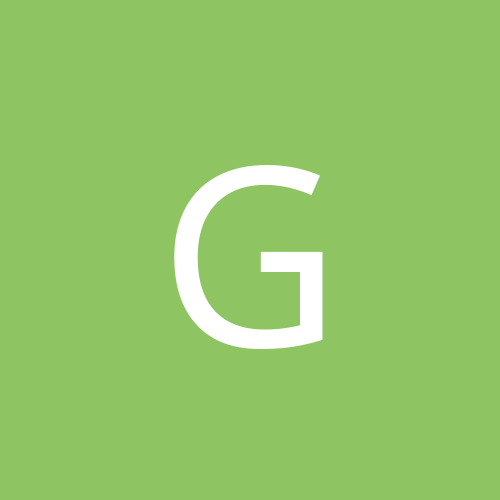Sign in to follow this
Followers
0

How would you counter this hypothesis to the ‘Enlightenment’ idea?
By
galen_burnett, in General Discussion

By
galen_burnett, in General Discussion